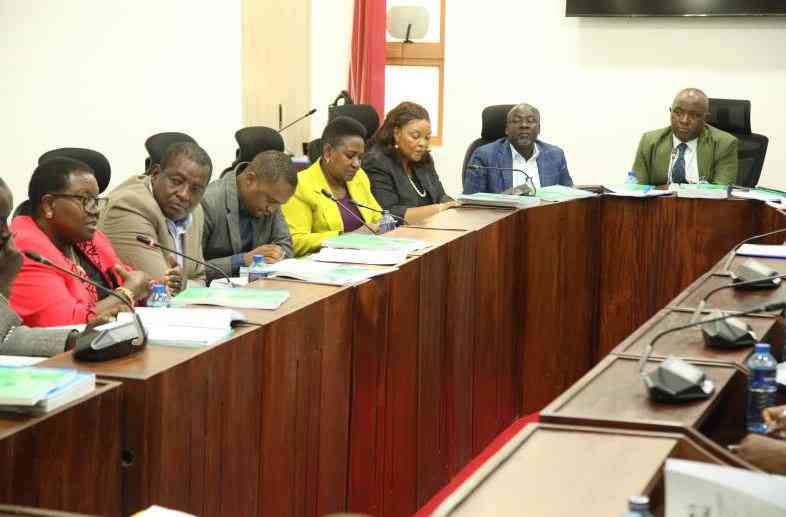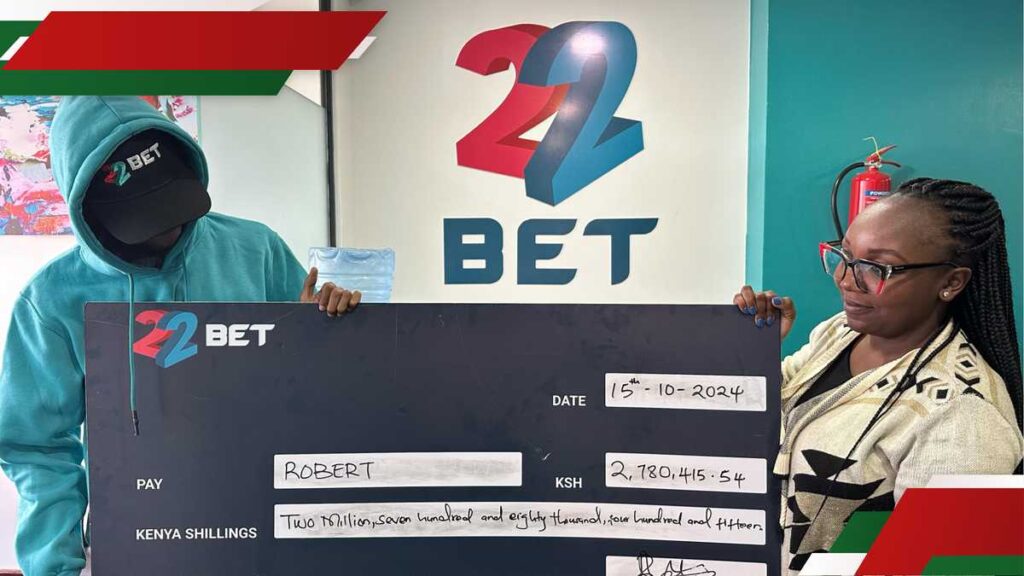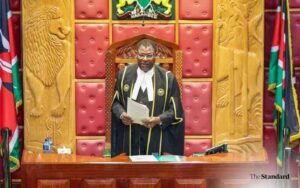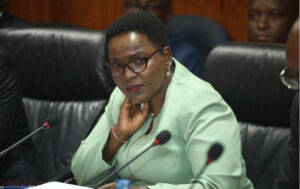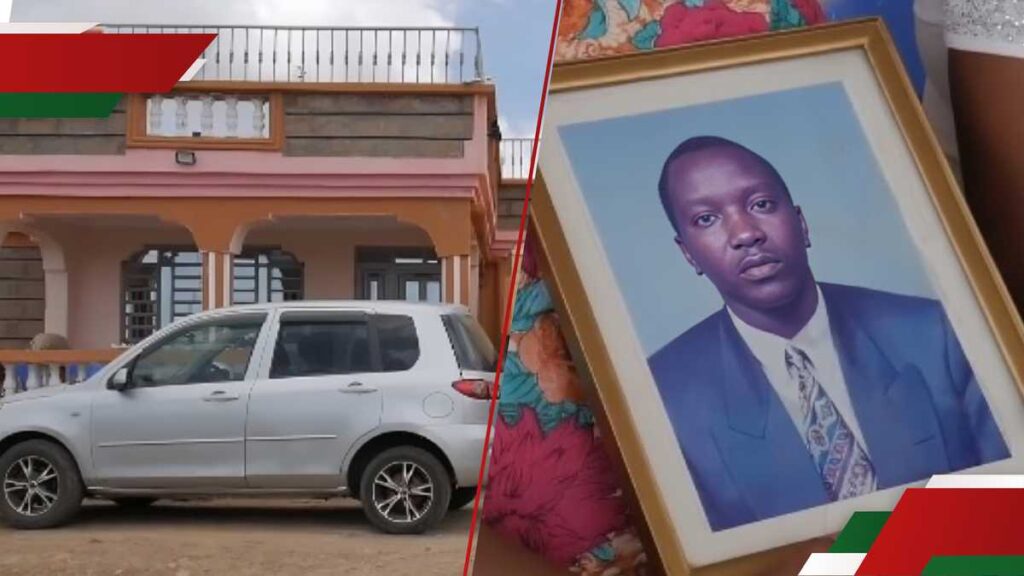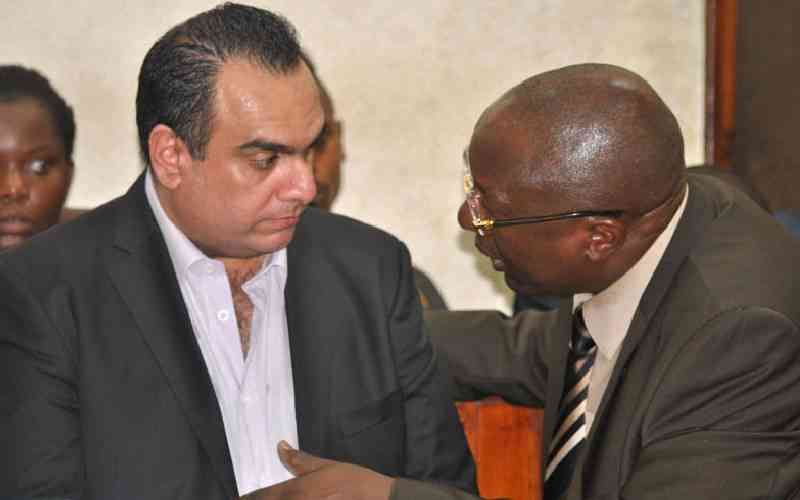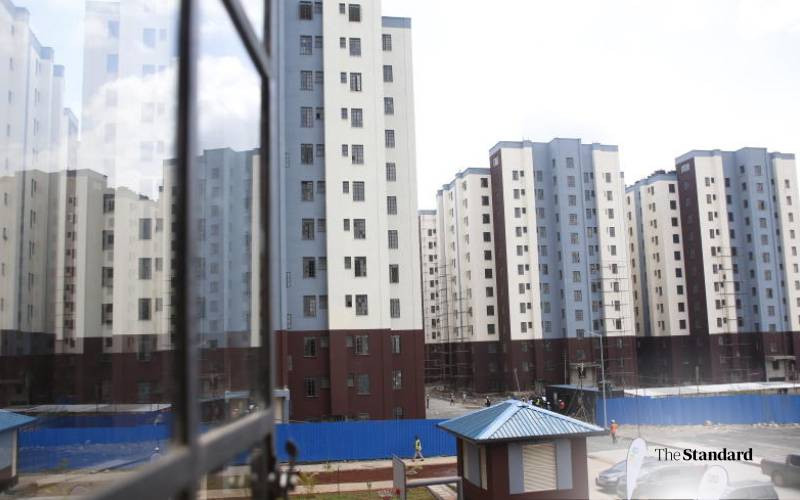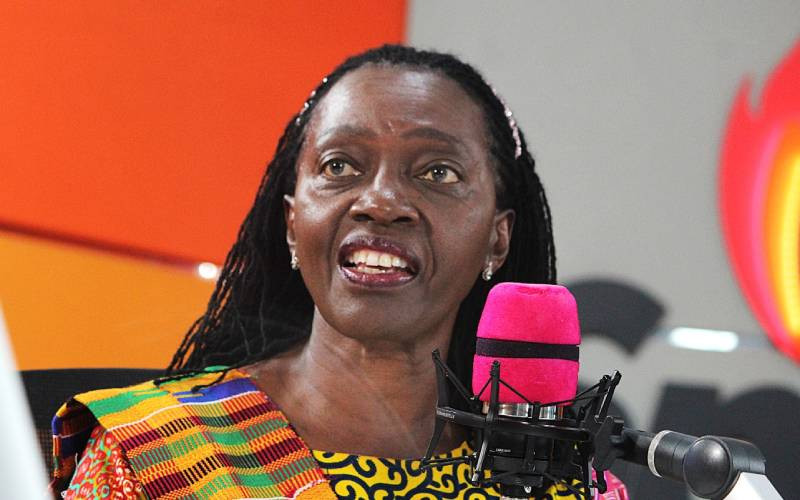A Senate oversight committee has raised concerns over 15 water utility companies, which are losing Sh10.5 billion in non-revenue water due to inefficiencies.
According to a report for the financial year 2023/2024, the water companies have been breaching the law.
The Senate County Public Investments and Special Funds Committee pointed out that most water companies had registered high non-revenue water levels above the sector benchmark of 25 percent, as per the Water Services Regulatory Authority Board (WASREB) guidelines.
The report reveals that Nairobi’s water utility firm has the highest non-revenue water loss, amounting to Sh8.5 billion, followed by Mombasa (Sh1 billion), Kericho (Sh199.4 million), Kwale (Sh183.3 million), Kitui (Sh110.1 million), Sibo (Sh102.7 million), Lodwar (Sh89.1 million), Bomet (Sh68.1 million), and Narok (Sh53.3 million), respectively.
“Some water companies did not maintain records of the volume of water produced, as there was no master meter installed at the intake points, making it impossible to establish acceptable non-revenue water levels, despite financial statements reflecting operating revenues from the sale of water,” the report stated.
The Committee, chaired by Vihiga lawmaker Godfrey Osotsi, observed that the main causes of non-revenue water were illegal connections, leakages from dilapidated water infrastructure that had not been replaced due to low funding, and faulty water meters.
The Committee also reviewed the reports from the Auditor-General for water service providers of county governments and found that Cherang’any Marakwet Water and Sanitation Company Limited had neither installed a master meter nor provided meters to its clients.
The water companies involved include Olkejiado Water and Sewerage Limited (Kajiado), Kwale Water and Sewerage Company Limited (Kwale), Nairobi City Water and Sewerage Services Company (Nairobi), Mombasa Water and Sanitation Company Limited (Mombasa), and Migori County Water and Sanitation Company Limited (Migori).
Others include Wote Water and Sewerage Company Limited (Makueni), Homa Bay Water and Sanitation (Homa Bay), Kericho Water and Sanitation (Kericho), Sibo Water and Sanitation (Siaya), Narok Water and Sewerage Services (Narok), and Lodwa Water and Sanitation (Turkana).
Bomet Water and Sanitation (Bomet), Amatsi Water Services (Vihiga), Samburu Water Sanitation (Samburu), and Kitui Water and Sanitation Company recorded the highest non-revenue water during the year under review.
“The Water Services Regulatory Authority Board and the accounting officers of the water companies have put in place comprehensive measures to mitigate non-revenue water (physical and commercial losses), including the application of a Geographical Information System (GIS) for receiving real-time data,” the report stated.
The committee argued that this will help in detecting bursts and leakages, installing smart meters for accurate billing, replacing dilapidated infrastructure, and developing institutional anti-corruption policies and enforcement measures to prevent illegal connections, among other strategies.
The committee further stated that it would follow up on the issues raised by the Auditor-General to ensure that all officers involved in the misappropriation of funds or other breaches of the law are properly investigated and, where found culpable, prosecuted in a court of law.
The committee also observed that many water companies were non-compliant with the National Cohesion and Integration Act, which requires that at least 30 percent of vacant posts at the entry level be filled by candidates who are not from the dominant ethnic community in the county.
“During the year under review, the committee noted that several water entities did not adhere to the law on ethnic inclusivity. Twenty water companies had more than one-third of their employees from the dominant ethnic community,” the report stated.
Stay informed. Subscribe to our newsletter
According to the committee, during the year under review, Naromoru Water and Sanitation Company Limited and Matungulu Kangundo Water and Sewerage Company Limited had all their employees (100 percent) from one dominant community.
The report noted that this was contrary to Section 7(2) of the National Cohesion and Integration Act, which states that no public establishment shall have more than one-third of its staff from the same ethnic community.
The water utility firms were unable to realise their full revenue potential due to the high rate of water loss through non-revenue water, low metering ratios (which means that a significant volume of water is consumed but not metered), outdated pricing, and high operational and maintenance costs that fail to match the revenue generated.
“A review and examination of the financial statements indicated that some water companies recorded negative working capital, which adversely affected their financial performance. Many water companies also recorded excessive wage bills, above the allowable 35 percent,” the report stated.
This is contrary to Regulation 25(1)(b) of the Public Finance Management (County Governments) Regulations, 2015, which requires that county government expenditure on wages and benefits to public officers be limited to 35 percent of total revenue.
The Senate County Public Investments and Special Funds Committee noted that 12 water companies recorded excessive wage bills amounting to Sh3.59 billion, which is above the allowable 35 percent.
Mbooni Water and Sanitation Company Limited recorded the highest percentage of staff costs at Sh3.2 million, representing approximately 77 percent of the total revenue of Sh4.2 million, contrary to the regulations of the Public Finance Management (County Governments) Regulations, 2015.
“Examination of audit reports for the financial year 2023/24 by the Committee revealed that several water companies had large amounts of receivable balances from individuals, private and public institutions,” the report stated.
The Committee found that the trade receivable balances could not be supported by a detailed debtors’ ageing analysis, which would have guided the most appropriate ways of collecting debts.
The committee also observed that water companies owed suppliers and other service providers pending bills, including long-outstanding regulatory fees, unremitted statutory deductions such as Pay As You Earn (PAYE), National Social Security Fund (NSSF), and the defunct National Hospital Insurance Fund (NHIF).
The significant balances owed to suppliers of goods and services pose the risk of incurring unnecessary expenditure through interest and penalties that could arise from litigation by creditors for failure to settle amounts owed within the contractual timelines. The management of the companies did not provide detailed settlement plans to clear the outstanding debts.
“Various water companies have continuously failed to remit statutory deductions to institutions such as the Kenya Revenue Authority (KRA), the defunct NHIF, NSSF, and pension schemes, leading to the continued accrual of interest and penalties,” the report concluded.
The Senators recommended that the Board and the accounting officers ensure that the companies comply with the Public Finance Management (County Governments) Regulations, which restricts the wage bill to 35 percent of total revenue.
They also called on the Council of Governors (COG) to engage the Ministry of Water, the Water Services Regulatory Board (WASREB), the Regional Water Works Development Agencies, and the Inter-Governmental Relations Technical Committee (IGRTC) to resolve the matter regarding the transfer of assets and liabilities, as required by the Water Act.








